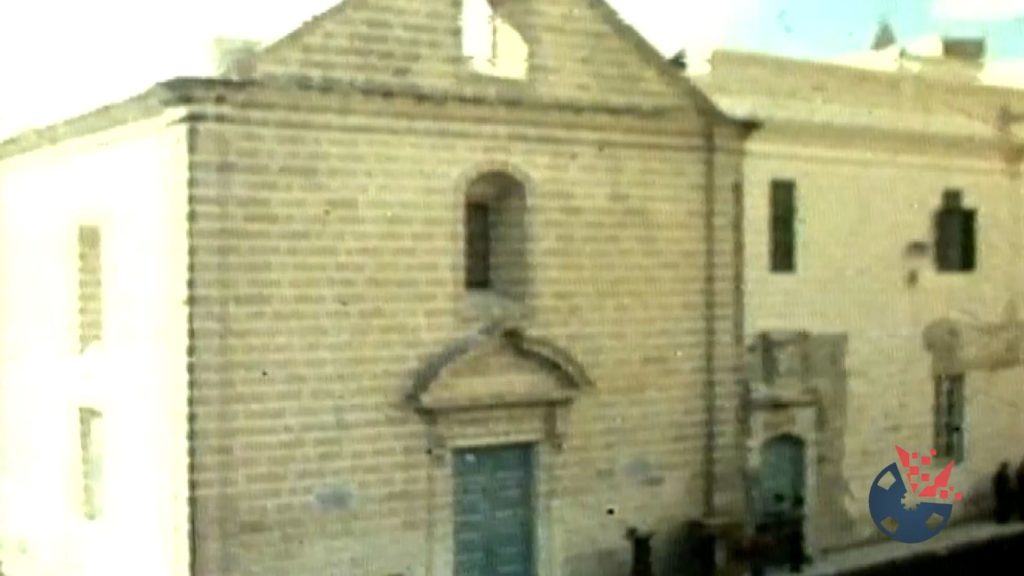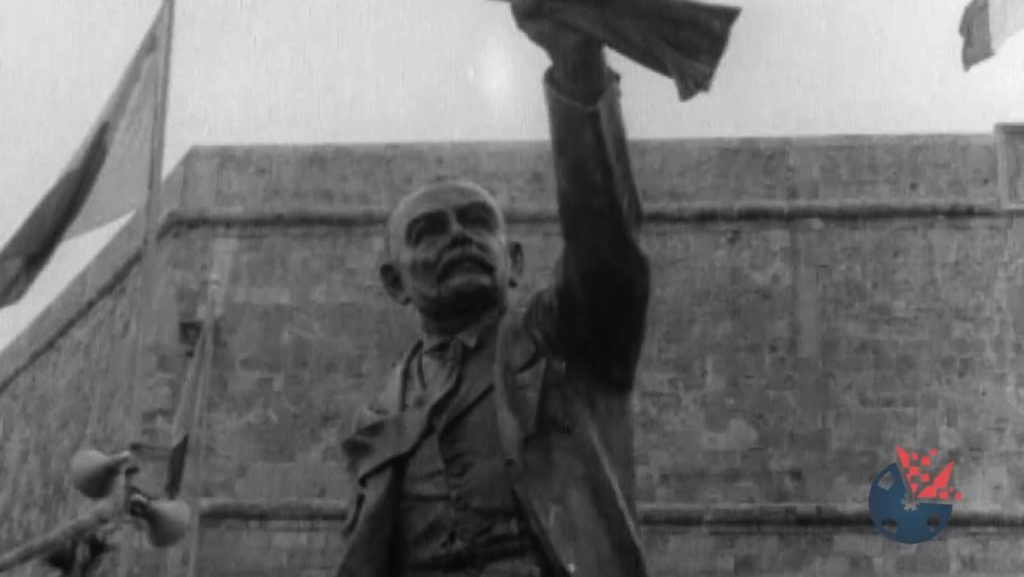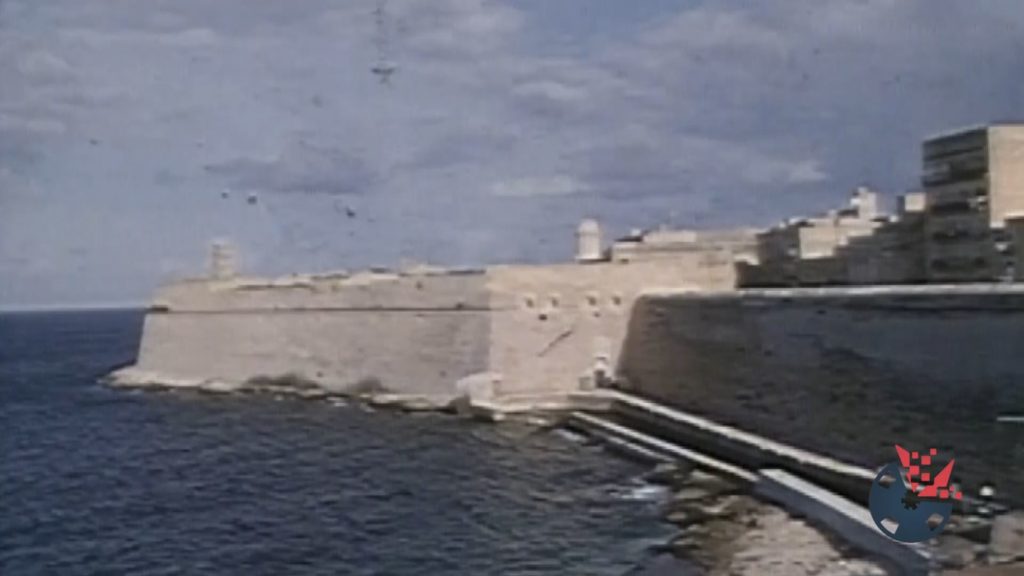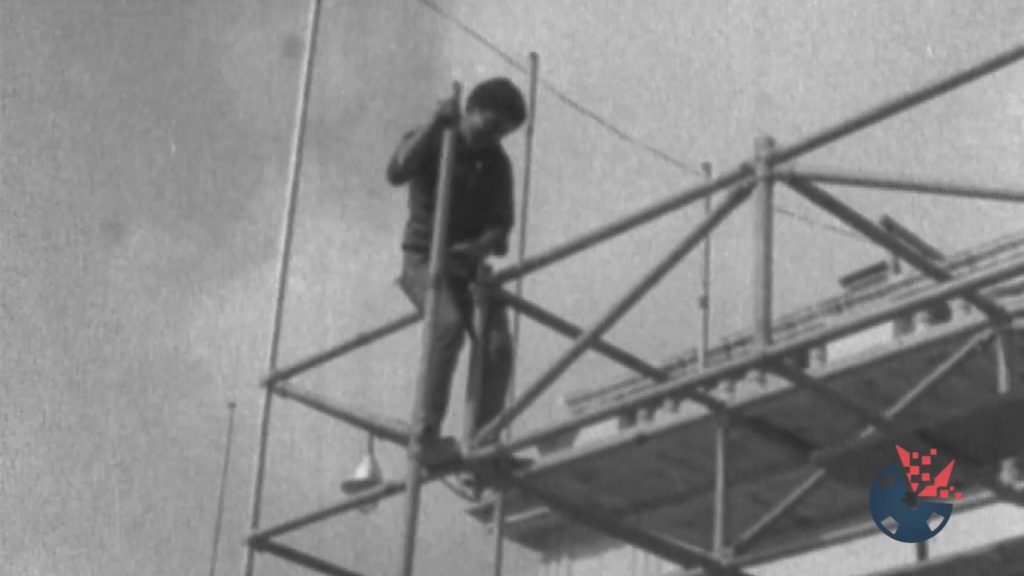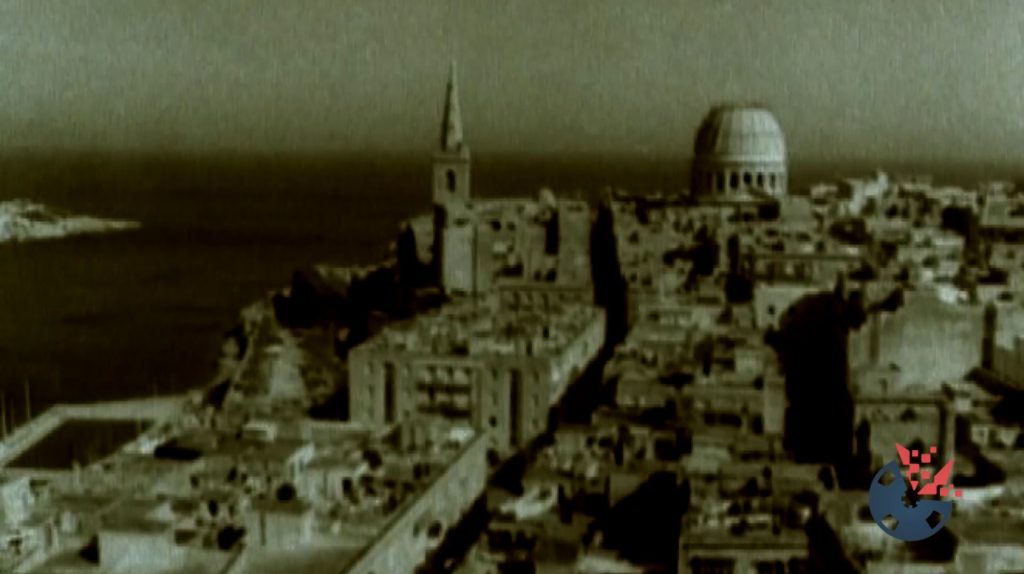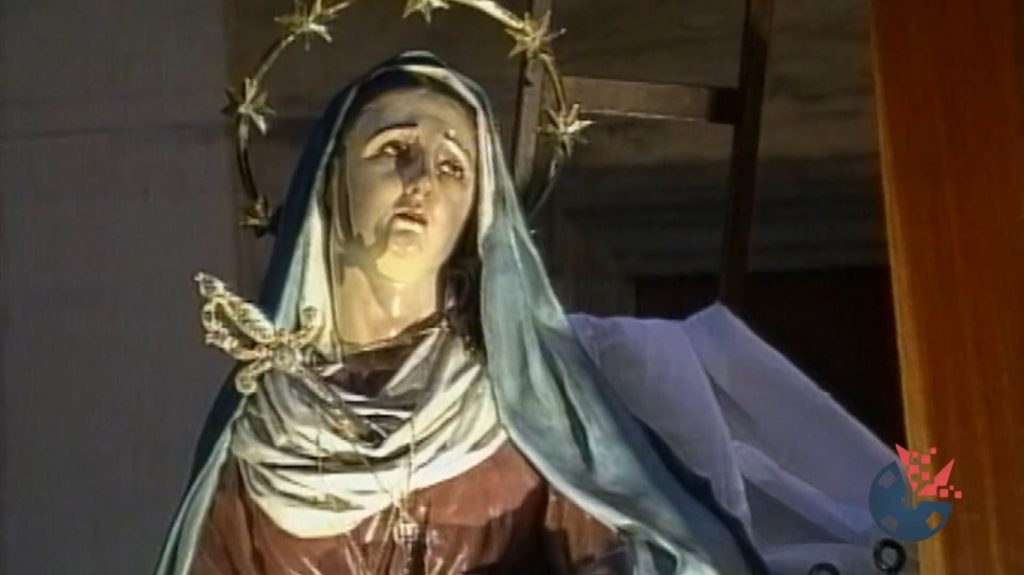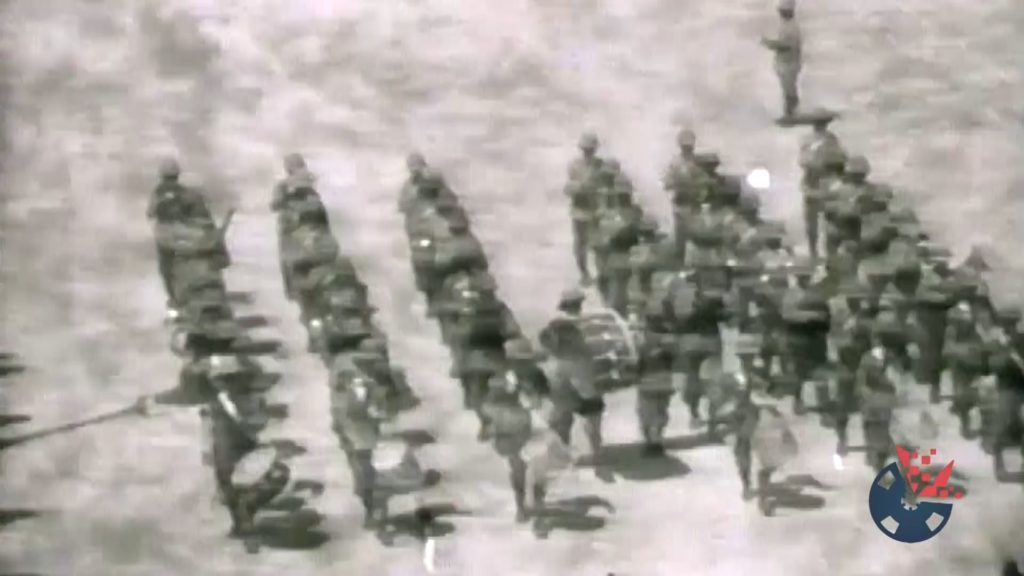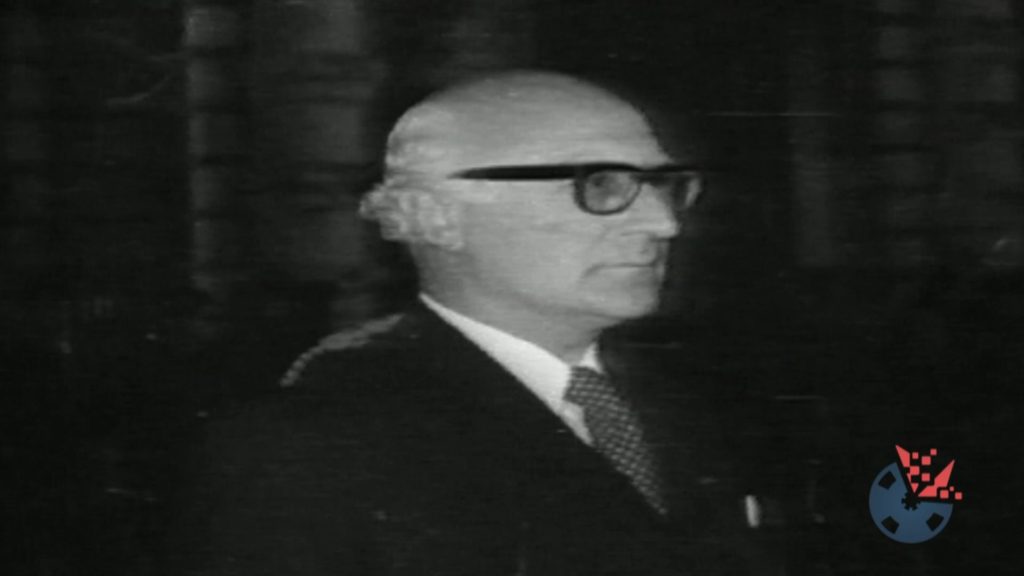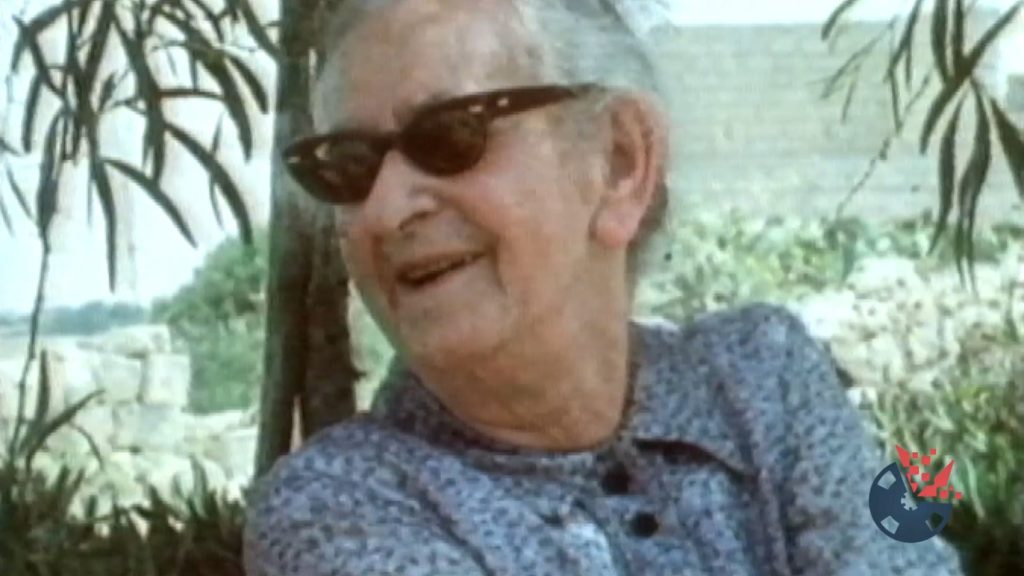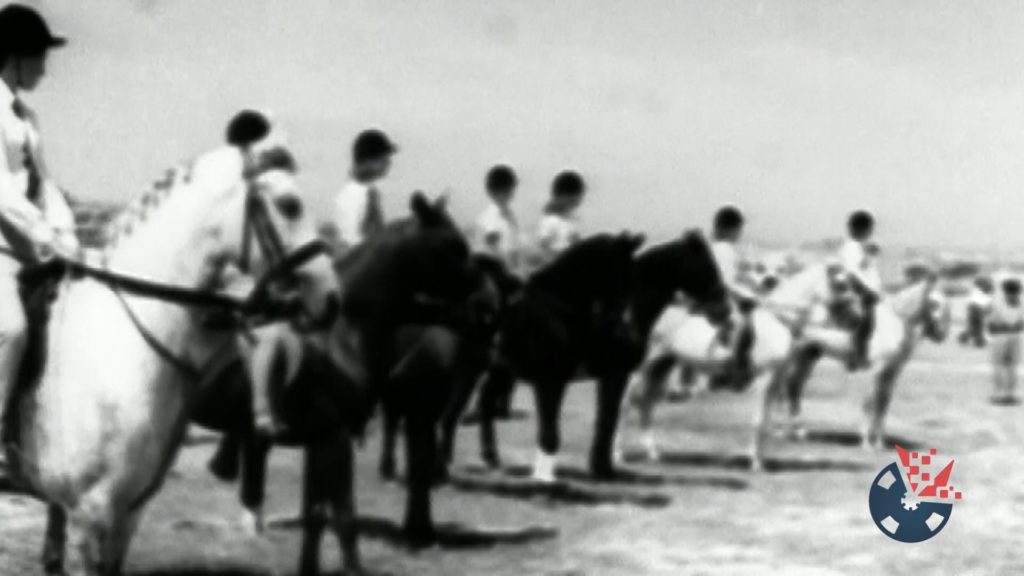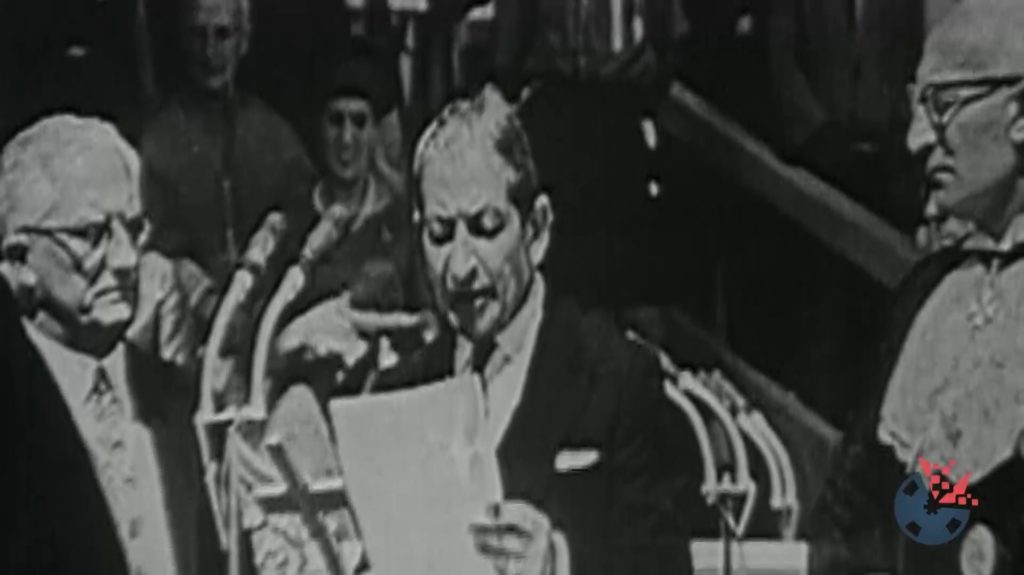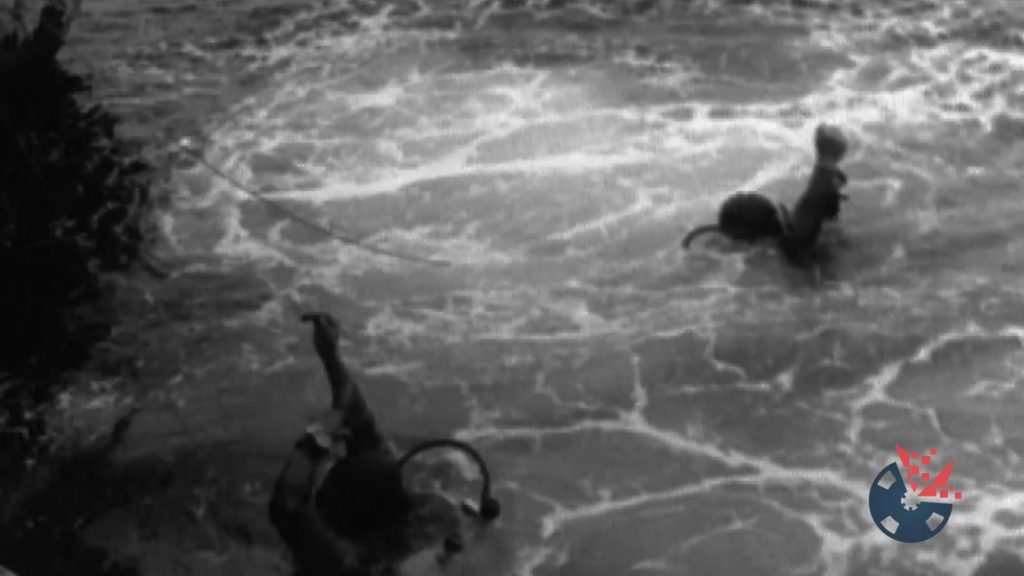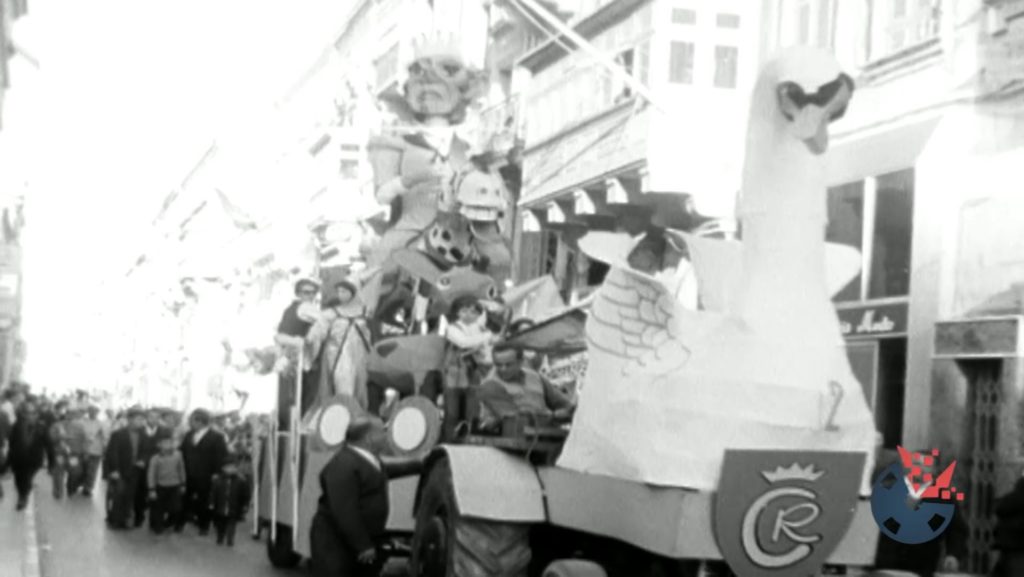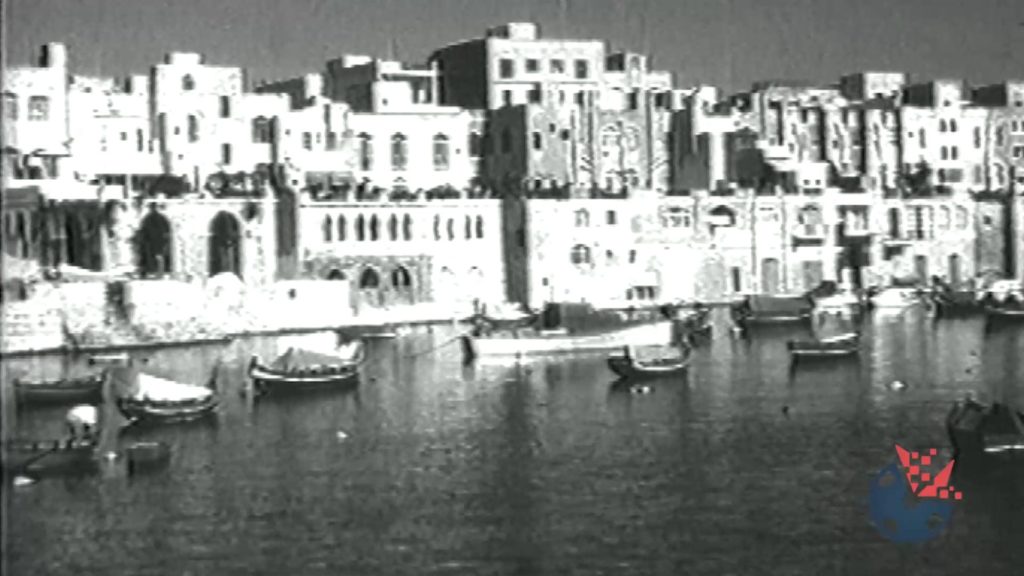Description
This film from the archives shows the installation of a statue of Maltese social reformer Manwel Dimech.
Dimech was born in Valletta on 25 December 1860 to a poor family, he had a troubled childhood and, at the age of 13, he was sent to prison for the first time.
He was in and out of prison on a number of occasions, mostly for burglary and theft. In 1878, aged 17, he was implicated in a case of involuntary murder and was sentenced to 17 years in prison.
By the time he was 36, Dimech had spent some 20 years in prison. However, in prison he reformed himself and learned to read and write, studying languages and reading extensively.
Once out of jail, he earned a living teaching languages and began to speak out about some the social issues facing the population of Malta, earning him great support.
He was one of the first to call for women to be given the right to vote, for the foundation of a welfare state, and official recognition of the Maltese language.
Dimech also fought for political reform, which prompted him to clash with both the Catholic Church and the colonial authorities.
On the outbreak of the First World War in 1918, he was deported from Malta to British-controlled Egypt.
Despite pleas from high-ranking British officials, Dimech was refused permission to return to Malta after the war, and he died in exile in Alexandria on 17 April 1921.
Barely two weeks after his death, part of his life’s ambition, to see Malta self-governed, was achieved.
This came about with the proclamation of the Amery-Milner Constitution with which the Maltese were granted their first parliament.
From the 1960s onwards, his name continued to grow in moral stature and acclaim. A statue situated in Castille Square in Valletta was unveiled in 1976.
Today, he is regarded as a national hero worthy of respect.


